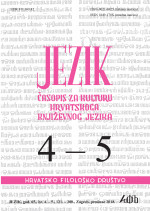
Novi zavjet u hrvatskom ruhu
Review: Mate Maras ‒ NOVI ZAVJET U HRVATSKOM RUHU. Nada Babić, Hrvatski prijevodi Novoga zavjeta od 20. st., Kršćanska sadašnjost, Zagreb, 2018.
More...We kindly inform you that, as long as the subject affiliation of our 300.000+ articles is in progress, you might get unsufficient or no results on your third level or second level search. In this case, please broaden your search criteria.

Review: Mate Maras ‒ NOVI ZAVJET U HRVATSKOM RUHU. Nada Babić, Hrvatski prijevodi Novoga zavjeta od 20. st., Kršćanska sadašnjost, Zagreb, 2018.
More...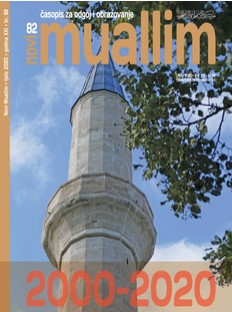
Novi Muallim is a magazine of the Ilmijja Association in Bosnia and Herzegovina and thus it is natural that ulama is one of the fields covered within the content of topics of the magazine. This field is dedicated to imams, mu’allims, religious studies teachers, muderrises, muftis, raisu-l-ulamas, but also to all those Islamic scholars who aided the mission of the Islamic Community through various intellectual endeavours. In this work we present Bosniak, but also the other ulama through a textual analysis of articles published in Novi Muallim in the past twenty years. This analysis show that Novi Muallim published articles dealing with biographies of renowned Bosniak ulama and that most commonly at the occasion of their death or birth anniversaries. It was also noted that the magazine published articles dealing with ulama from Sarajevo mostly and very rarely with ulama outside of Sarajevo. Keeping in mind that we have many noteworthy scholars throughout the territory of Bosnia and Herzegovina, this article may also serve as an invitation to all future contributors to the magazine Novi Muallim to write about their own local imams and mua’llims.
More...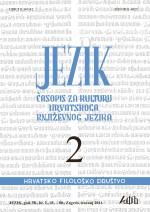
Review: Hrvatistika, jezikoslovni studentski časopis, god. 4., br. 4., Filozofski fakultet, Osijek, 2010. Reviewed by Vanja Luketić.
More...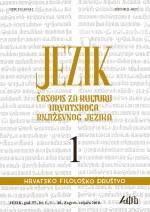
Review: Jezična analiza modnih časopisa 1918. – 1941. (Vlatka Štimac, Hrvatska sveučilišna naklada, Zagreb, 2008., 244 str.) Reviewed by Ljubica Tikvica.
More...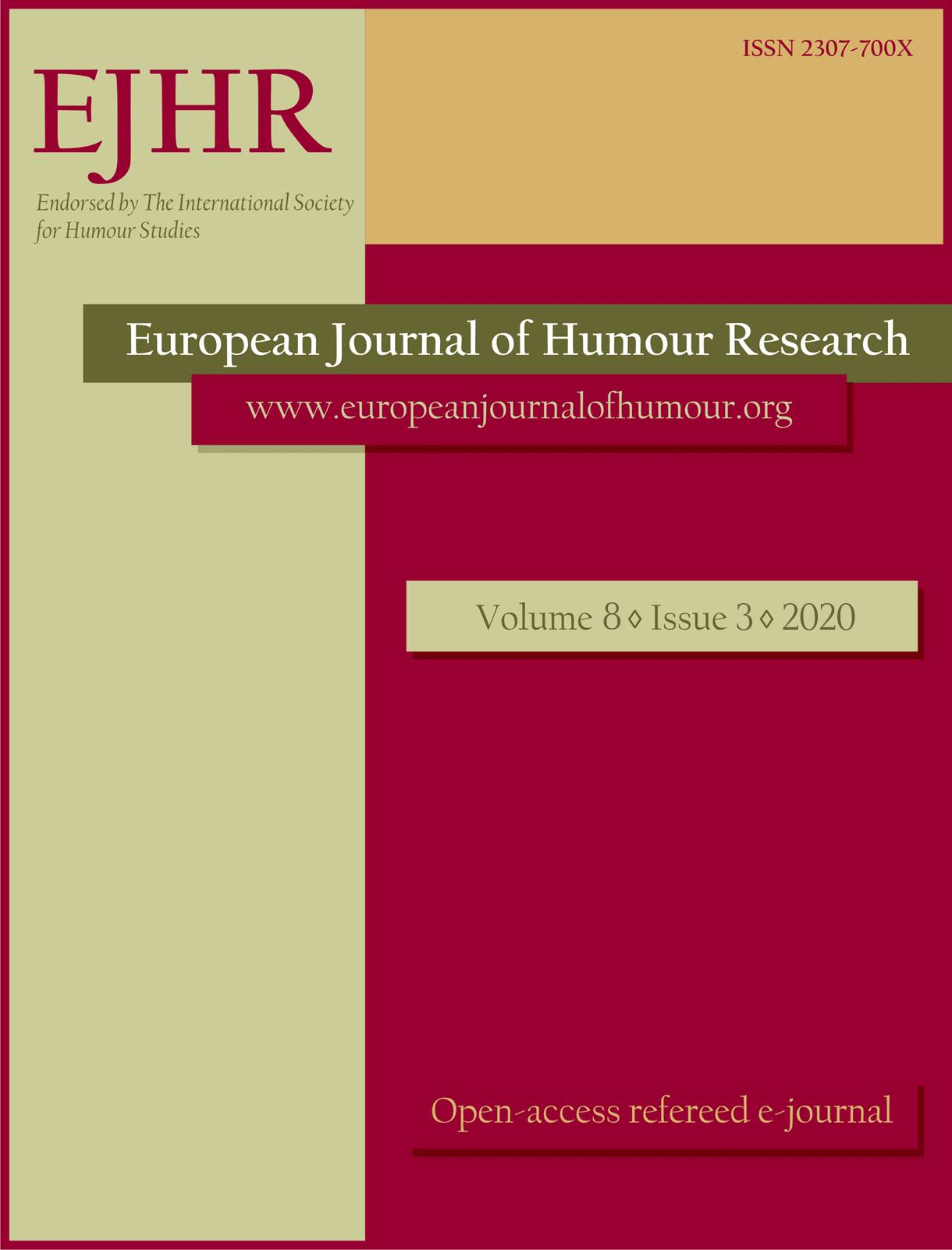

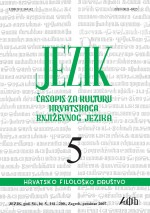
Review: Robert Lawrence Trask, Temeljni lingvistički pojmovi, Školska knjiga, 2005, s. 468 / Key Concepts in Language and Linguistics (Routledge, London i New York 1999). Reviewed by Mate Kapović.
More...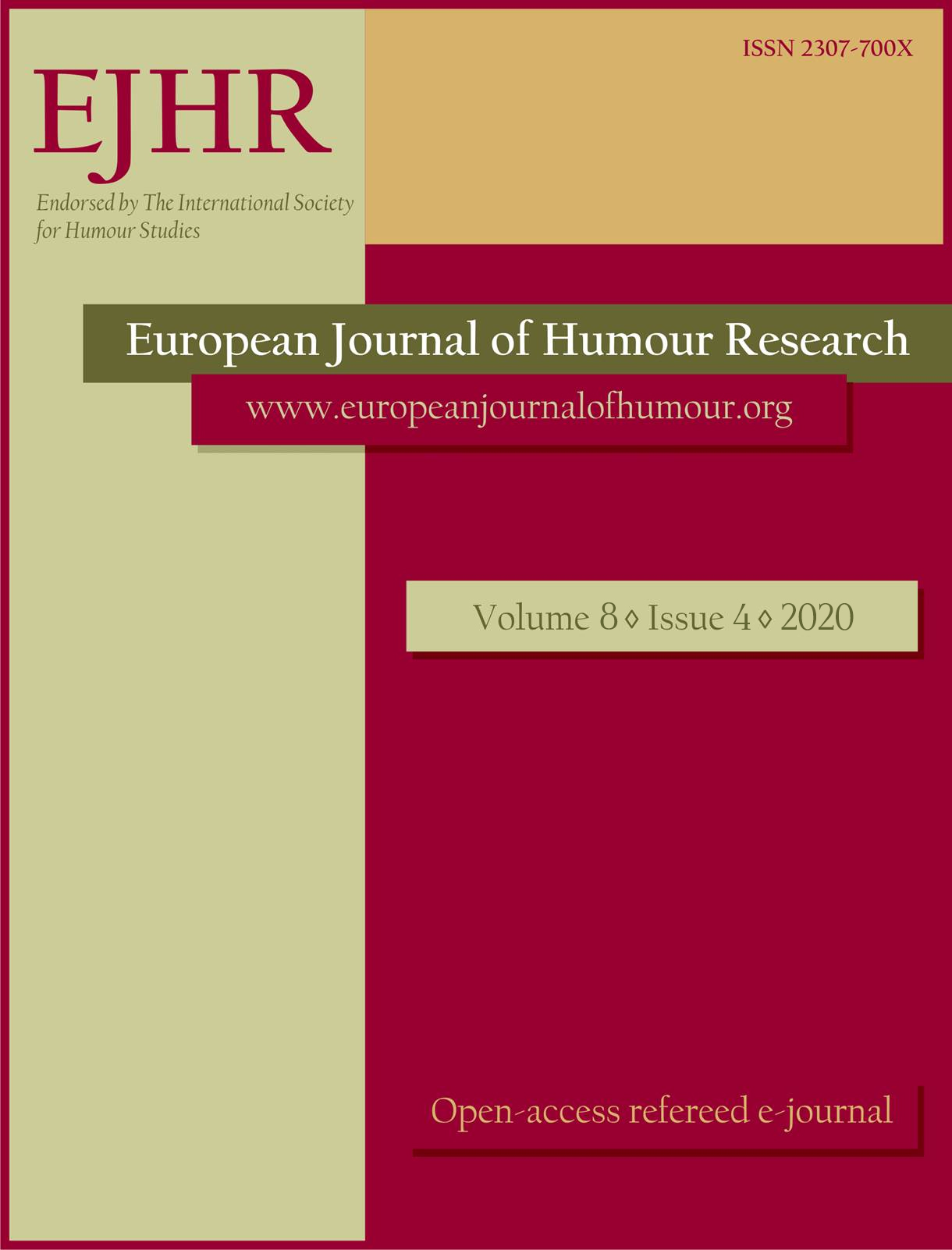
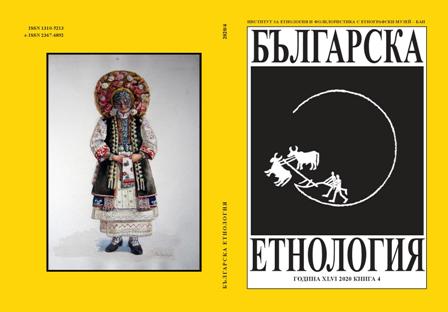
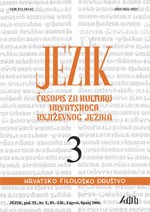
Ministarstvo kulture, mladeži i športa Baden-Württemberga omogućilo je polaganje hrvatskoga jezika na završnom ispitu kao zamjenskoga stranog jezika, dakle umjesto engleskoga jezika, ali i uz engleski, hrvatski je moguće polagati kao drugi jezik. Učenici tako unose dva jezika u svjedodžbe i radne knjižice.
More...
Review by Snježana Ferenčić: Rasprava o knjizi Roberta D. Greenberga, Jezik i identitet na Balkanu
More...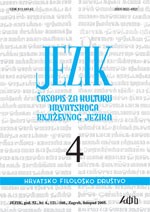
Review of the Tenth National Competition in the Croatian Language Proficiency (Gea Cetinić)
More...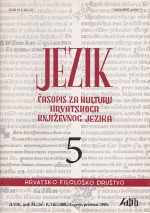
Review of International Scientific Conference on Milan Rešetar (Vlasta Rišner)
More...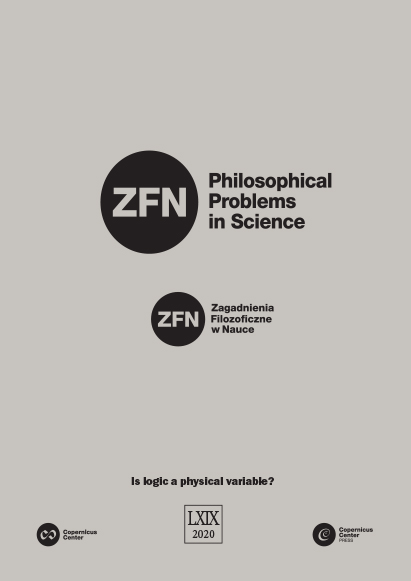
Book review: Category Theory in Physics, Mathematics, and Philosophy, Kuś M., Skowron B. (eds.), Springer Proc. Phys. 235, 2019, pp.xii+134.
More...
Book review: Contemporary Polish Ontology. Skowron, B. (ed.), Philosophical Analysis, 82. Berlin; Boston: De Gruyter, 2020. pp.320.
More...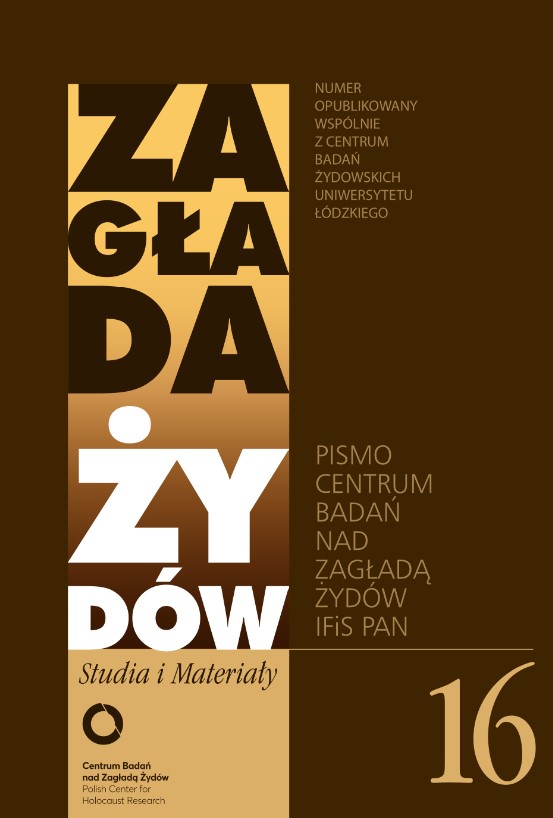
In the context of Abram de Swaan’s research on mass murder, summed up in his monograph The Killing Compartments. The Mentality of Mass Murder (2015), this article discusses the subject matter of the ‘blue’ police in light of Jan Grabowski’s book Na posterunku. Udział polskiej policji granatowej i kryminalnej w zagładzie Żydów [On duty. Participation of the Polish ‘Blue’ and Criminal Police in the Holocaust] (2020).
More...
The author discusses and quantifies the results of recent research of the German repressions for help offered to Jews in occupied Poland during World War II. Another layer of the paper covers an analysis of the political underpinnings of research on this subject conducted in today’s Poland, and its entanglement in the official politics of memory. Analysis of the construction and of the language of the publication which presents the research results, reveals areas of existing taboos and shows the defensive character of the contemporary discourse of rescuing Jews.
More...
The author discusses the interdisciplinary volume Świadek: jak się staje, czym jest? [Witness: how does one become one, what it is?], edited by Agnieszka Dauksza and Karolina Koprowska that summarizes the long debate on the significance of testimony and the function of witness of various forms of violence. She focuses on the Holocaust witness that plays a substantial role in the research of the attitude of Poles to Jews during the war, showing how imprecise this category is and how it calls for more precision in its formulation. She also touches upon a problem of non-human witnesses as well as the scope of power of the witness and the testimony, and the institution that control it in different ways.
More...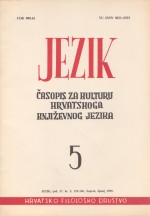
Review of the Conference: IV Yugoslav Conference on Lexicography and Lexicology (Branka Tafra)
More...